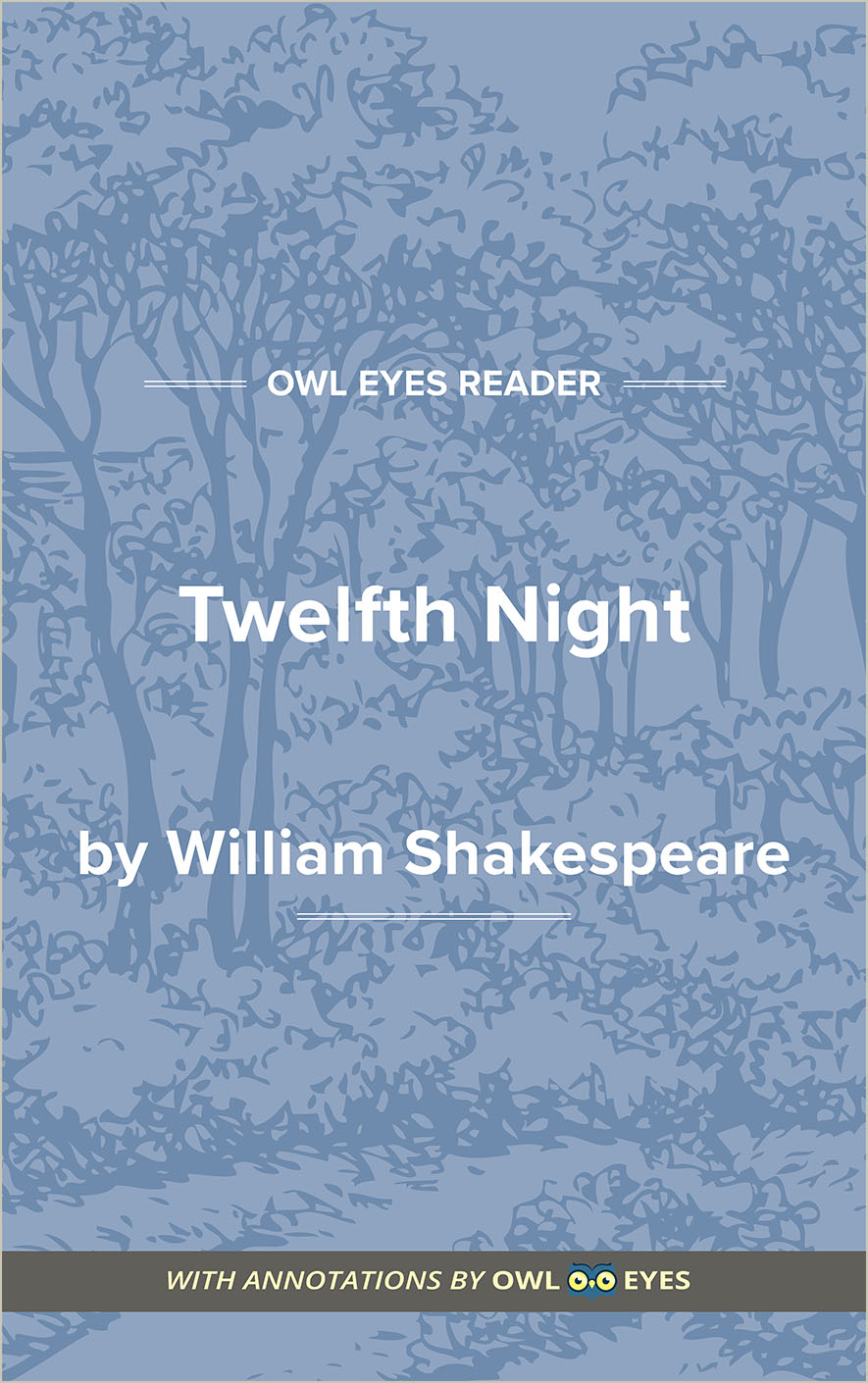Analysis Pages
Plot in Twelfth Night
Plot Examples in Twelfth Night:
Act I - Scene IV
🔒"Yet, a barful strife! Whoe'er I woo, myself would be his wife...." See in text (Act I - Scene IV)
"If the Duke continue these favours towards you, Cesario, you are like to be much advanced:..." See in text (Act I - Scene IV)
Act I - Scene V
🔒"Unless, perchance, you come to me again,..." See in text (Act I - Scene V)
"Alas, I took great pains to study it, and 'tis poetical...." See in text (Act I - Scene V)
Act II - Scene I
🔒"But, come what may, I do adore thee so, That danger shall seem sport, and I will go...." See in text (Act II - Scene I)
"both born in an hour:..." See in text (Act II - Scene I)
Act II - Scene IV
🔒"sooner lost and worn, Than women's are...." See in text (Act II - Scene IV)
"Of your complexion...." See in text (Act II - Scene IV)
Act II - Scene V
🔒"Why, thou hast put him in such a dream..." See in text (Act II - Scene V)
Act III - Scene II
🔒"two thousand strong..." See in text (Act III - Scene II)
"manakin..." See in text (Act III - Scene II)
"She did show favour to the youth in your sight only to(15) exasperate you,..." See in text (Act III - Scene II)
Act III - Scene III
🔒"'gainst the Count his galleys..." See in text (Act III - Scene III)
Act III - Scene IV
🔒"If this young gentleman Have done offence,..." See in text (Act III - Scene IV)
"he is sad and civil,(5) And suits well for a servant with my fortunes:..." See in text (Act III - Scene IV)
Act IV - Scene I
🔒"What relish is in this?..." See in text (Act IV - Scene I)
Act IV - Scene II
🔒"I cannot pursue with any safety this sport to the upshot...." See in text (Act IV - Scene II)
Act IV - Scene III
🔒"That they may fairly note this act of mine!..." See in text (Act IV - Scene III)
Act V - Scene I
🔒"You are betroth'd both to a maid and man...." See in text (Act V - Scene I)
"serviceable..." See in text (Act V - Scene I)
"Give me thy hand; And let me see thee in thy woman's weeds...." See in text (Act V - Scene I)

